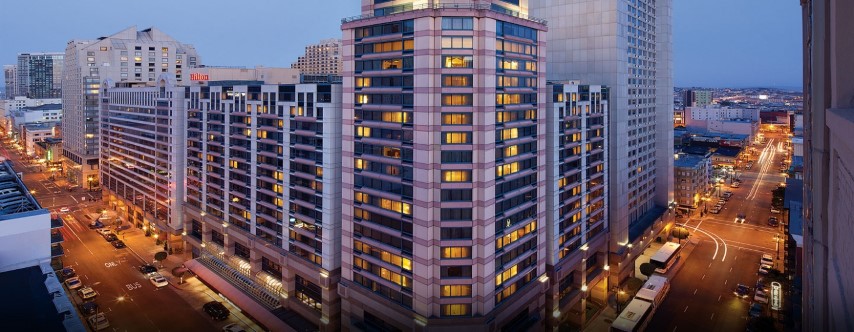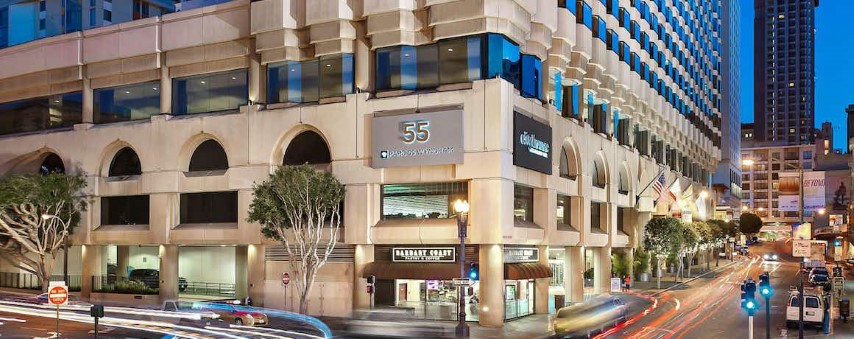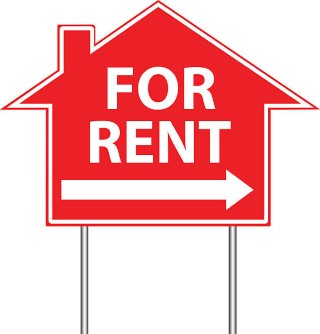The jobs “report” was great Friday….it really was. We added 345,000 or so “jobs.” Why am I using air quotes you may ask? Well in the recent few weeks we have had layoffs from Meta (formerly Facebook), UPS, Microsoft, and Macy’s to name a few. My understanding is Alphabet aka Google is laying off folks too. The jobs at all of these are from management positions, not from closing stores or low-level employees. My point here is the jobs I see opening are in the fast food, gas station, retail, and government work. These are jobs at the very low end of the wage scale, even after factoring in California’s $20 an hour wage. If the economy was so healthy, why have we so many homeless in these parts? Why do they come here?
The truth is the economy is not well. But the danger is not lurking where you think it is. The danger is in commercial real estate and some sectors of the banking industry. Follow along I’ll tell you.
Commercial buildings and the loans they have are the problem. They differ from your mortgage in a few ways. On your mortgage, you pay principle and interest every month. (I’m leaving out insurance and taxes to prove my point since they are not relevant here). So, your outstanding balance goes down, the principle each month, maybe not by much but you are paying it off. On commercial loans you pay interest only…yup kind of like the financial crisis circa 2008 on home loans. You may ask what do they do when the loan comes due in 20, 30 years? Well, they simply “recast it.” That’s a finance term for re-financing and maybe pulling out the additional equity (remember folks, real estate only goes up LOL) and buying your next shopping center.
Truth be told, if the shopping center is about 80% capacity, the loan payments can be made each month without much issue. Sure, you may have a pizza place, burger place, clothing store, etc. go under but they are usually easy to re-constitute the property to suit the new tenant. The problem that arises is when the anchor tenant closes up shop. I will use the example of a shopping center located near my office; one this blog is familiar with. The anchor tenant is a Target store. There used to be a OSH (Orchard Supply Hardware) but it closed and was rebuilt into a Ross, Ulta!, and something else. When that happened, the food stores located near the OSH had about 3 turn overs into something else. No real loss because Target is the store that drives business in that center. There used to be a Save Mart grocer, it turned into a wine store, a baby store, and a surplus type store. A couple of those have since changed over but again, the center is pretty much full. The issue is what happens if the Target leaves? No chance you say. But what if it did? The car traffic would decrease by at least 50%. Other food stores would close. The boutique shops would re-locate. It will be hard to sell burgers at Smash Burger when the parking lot is empty. The mall would be a ghost town.
If you think this scenario is a fantasy land, tin foil hat idea, check this out.

Park Hotels own(ed) two very upscale hotels in San Francisco. In May, they decided to stop paying the loans and give the keys back to the lender. Yup they walked away. The hotels were not Motel 6 where Troll has told me you can pay by the minute or some “extended stay bull shoot” they were the Pac 55 and the Hilton Union Square. Think tourist areas. Combined, both hotels had about a 3,000 room capacity. These are very nice hotels, rooms are about $250 a night at a minimum. The parent company walked away. These were two crown jewel hotels. Now the lender is stuck because a hotel is not easily convertible into something else. San Francisco will likely house their illegals or criminals there since it makes sense to make them comfortable on the taxpayer’s dime. But I digress.

For Park Hotels, there is not much repercussion for them. They get out of a couple of underwater loans but have to give up the revenue (loss) each month of these properties. The ones holding the bag are the banks. You may ask why you should feel bad for a bank? They got a property, banked the interest all these years, and now they can sell it. The reason is banks do not use a mark to market accounting rule, they value the asset based on the appraisal from when the loan was issued/refinanced. That could be from a decade or so ago. A good example would be the Aon Center Tower in LA. In 2014 it was bought for 269 million, for a 1.1 million square foot building on Wilshire Blvd, an icon in LA. In 2023, it sold for 148 million. Over 100 million evaporated in 10 years. Sad! In these cases, the bank has to write off the loss on its balance sheet.

Just this past week, New York Community Bank, a highly respected conservative bank as far as lending goes, took a major loss and had a massive write off of bad commercial loans, such as the above. While you may not recognize the name, the regional banks will be the ones to suffer from this crisis. The reason being, regional banks have to take more risk, their larger peers, think Bank of America, Wells Fargo, JP Morgan Chase, etc., have large credit card portfolios, deposit accounts, and home lending to fall back on. The regional banks must take on risk, this comes with commercial loans which were typically very lucrative. New York Community bank is not the first and will not be the last. A tip to watch is this; when a bank fails, watch the price movement of Bitcoin, we do not endorse that here, but the price will shoot up as a hedge against the dollar/bank failures.
A word of advice “when you have a short-term loan (car loan) you are at the mercy of the bank, loan could be refused to be refinanced/underwater etc. If you have a large long-term loan (mortgage, commercial) the bank is at your mercy.”
Good luck
The Chief
